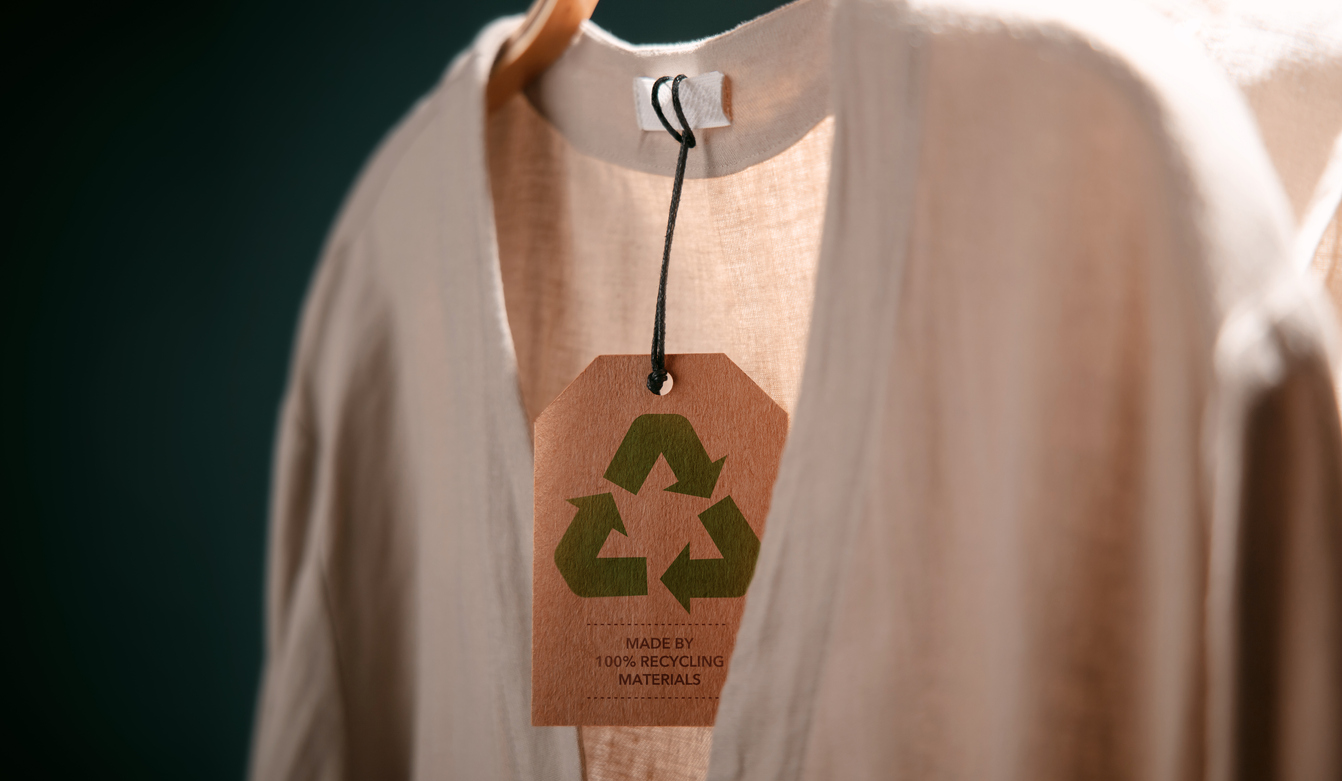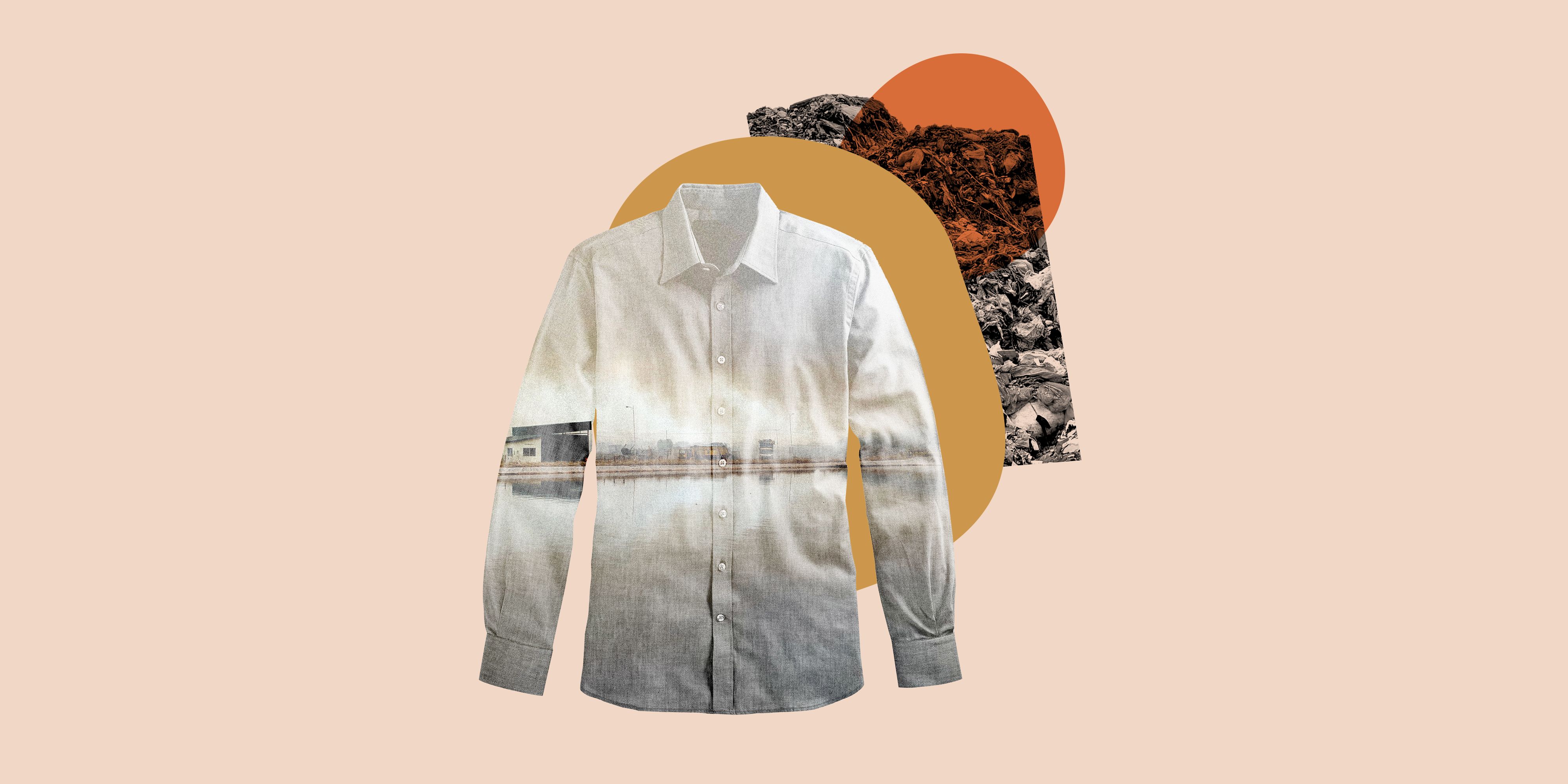Cape Town Sustainable Fashion Week: Highlighting Eco-friendly Innovations
Cape Town Sustainable Fashion Week: Highlighting Eco-friendly Innovations
Blog Article
Remain Ahead of the Contour by Checking Out Innovative Style Patterns
In a sector as dynamic as style, remaining ahead involves greater than just following existing fads-- it requires an exploration of advancement. Smart fabrics, for example, are changing garments right into functional work of arts, while 3D printing is changing layout processes with its personalized, waste-reducing capacities. As sustainability ends up being a foundation, advancements like environment-friendly products and circular style practices are improving environmental obligation - Cape Town Sustainable Fashion. In addition, the merging of modern technology and fashion proclaims a new era of customer interaction. Exactly how, after that, can these emerging trends redefine the future of fashion, and what ramifications do they hold for brands seeking to grow in this developing landscape?

Accepting Smart Textiles
Over the last few years, the garment industry has seen a transformative change with the assimilation of smart fabrics, a sophisticated advancement that blends innovation with textile. This development stands for not only a blend of aesthetic appeals and performance yet additionally a considerable jump in the direction of sustainability and customization in fashion. Smart fabrics, additionally called e-textiles, embed innovative electronic devices such as sensing units and conductive threads within the fabric, enabling garments to connect with the atmosphere or the user.
These fabrics are made to keep track of physical criteria, such as heart rate or body temperature, providing real-time wellness analytics. Past wellness applications, clever fabrics are additionally being used for adaptive garments, which can change shade or pattern in feedback to environmental stimuli, therefore using a dynamic style experience.
Additionally, the advancement of energy-harvesting textiles that create power from motion or sunlight is paving the means for self-sufficient wearable innovation. This development is attracting environmentally aware consumers and developers intending to reduce the eco-friendly impact of style. As r & d in this field breakthrough, smart textiles are anticipated to end up being significantly prevalent, improving the landscape of modern style with their multifunctional capacities.
The Increase of 3D Printing
Transforming the production landscape, 3D printing has become a game-changer in the fashion business. This sophisticated technology has actually allowed designers to press the boundaries of creativity, producing intricate and personalized garments that were previously unthinkable. By leveraging digital style and additive manufacturing, 3D printing facilitates the development of intricate geometries and patterns, permitting designers to trying out brand-new appearances and structures.
A remarkable benefit of 3D printing in vogue is its capability to generate on-demand, minimizing waste and minimizing inventory demands. This efficiency not just maximizes production procedures yet also permits fast prototyping, making it possible for designers to bring their visions to life in a much shorter duration. Furthermore, 3D printing sustains customization to a degree unparalleled by conventional approaches, offering individualized fits and one-of-a-kind layouts customized to private customer choices.
The increase of 3D printing has actually likewise democratized fashion, making it accessible to arising designers who can now make high-quality pieces without considerable financial investment in conventional production framework. As modern technology remains to development, the fashion business is poised to harness the complete capacity of 3D printing, checking out new materials and strategies that will undoubtedly redefine how fashion is conceived and generated.
Lasting Fashion Developments
As the fashion market comes to grips with the pushing need for ecological obligation, sustainable style advancements have actually arised at the leading edge of transformative change. The expanding awareness of eco-friendly effect has fueled a shift towards more eco-conscious techniques and materials. Developers and brands are currently prioritizing sustainability, including approaches that decrease waste and minimize carbon footprints.
One substantial advancement is the rise of round fashion, which highlights recycling and upcycling to extend the lifecycle of garments. This method not just decreases waste but likewise encourages consumers to adopt a more mindful approach to clothing consumption. Additionally, making use of lasting products, such as natural cotton, hemp, and recycled polyester, has actually gotten traction. These materials require less water and energy throughout production, significantly decreasing ecological effect.
One more innovation exists in the adoption of ingenious dyeing techniques that make use of all-natural dyes or waterless processes, thus minimizing the substantial amounts of water and chemicals typically used in fabric dyeing. Furthermore, improvements in biotechnology have resulted in the development of lab-grown leather and textiles, supplying environmentally friendly and cruelty-free alternatives to standard materials. With these introducing initiatives, the apparel industry is making purposeful strides in the direction of a much more lasting future.

Tech-Integrated Clothing
Tech-integrated garments stands for an innovative blend of fashion and innovation, improving how individuals connect with their apparel. This cutting-edge domain is marked by the addition of clever fabrics and embedded electronic elements, improving both capability and aesthetic appeal. From physical fitness trackers installed in sportswear to warmed coats managed by means of mobile phone applications, tech-integrated garments uses customers unprecedented ease and versatility.
Introducing brands are driving this fad, focusing on producing garments that respond to ecological stimuli or individual commands. For example, some garments can transform shade or pattern in reaction to temperature level shifts, while others include biometric sensors to official site keep an eye on wellness metrics like heart price or anxiety levels. The smooth assimilation of modern technology right into textiles likewise includes environmental sustainability, with initiatives to develop self-cleaning fabrics or garments that adapt to weather, thus decreasing the demand for numerous layers.
In addition, the advent of wearable modern technology is not simply limited to clothing but reaches devices like watches and eyeglasses, additional broadening the range of tech-integrated fashion. As the sector proceeds to innovate, the possibility for customization and customization in apparel expands, using consumers one-of-a-kind, tech-enhanced style experiences that satisfy their individual requirements and preferences.
Future of Virtual Style
Recently, the future of online style has actually emerged as a transformative pressure within the industry, leveraging improvements in digital technology to redefine how style is developed, experienced, and taken in. By integrating augmented truth (AR), digital fact (VR), and 3D style devices, developers can now craft interactive and immersive experiences that transcend standard style borders. Virtual style enables for the production of garments that exist solely in digital atmospheres, supplying endless opportunities for development without the restrictions of physical production.
This digital change not just presents chances for imaginative expression however additionally addresses sustainability problems integral in typical fashion methods. Cape Town Sustainable Fashion. By getting rid of the requirement for physical sources, online style reduces waste and decreases carbon impacts. In addition, the increase of digital fashion straightens with the increasing customer demand for distinct and customized experiences, as virtual garments can be customized and customized to individual preferences effortlessly

Verdict
The fashion business's future depend on the assimilation of ingenious innovations and sustainable methods - Cape Town Sustainable Fashion. Smart textiles and tech-integrated clothing are enhancing functionality, while 3D printing uses chances for modification and waste decrease. Sustainable fashion, with round strategies and environmentally friendly products, shows a commitment to ecological stewardship. Additionally, virtual fashion is positioned to redefine customer interactions. Adjusting to these patterns is vital for more brand names looking for to stay relevant and affordable in this rapidly progressing landscape.
In current years, the fashion sector has actually observed a transformative change with the integration of wise fabrics, an advanced technology that blends technology with fabric.As the style market grapples with the pressing demand for ecological responsibility, lasting fashion her latest blog innovations have arised at the forefront of transformative modification.In recent years, the future of virtual style has emerged as a transformative pressure within the sector, leveraging advancements in digital technology to redefine how fashion is produced, experienced, and taken in. The increase of digital style lines up with the increasing customer demand for one-of-a-kind and personalized experiences, as digital garments can be tailored and customized to private preferences with ease.
The fashion industry's future lies in the integration of lasting practices and innovative modern technologies.
Report this page